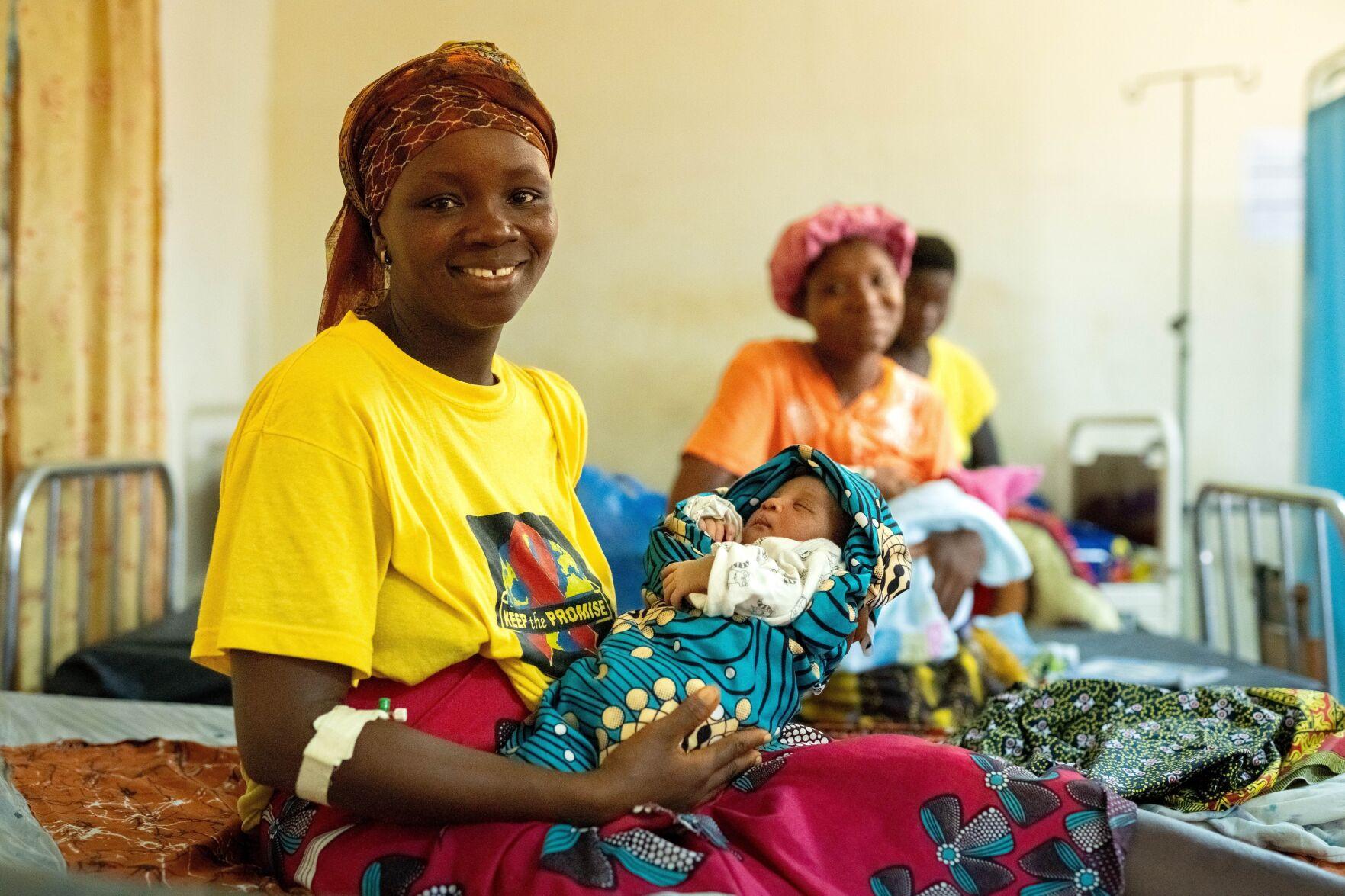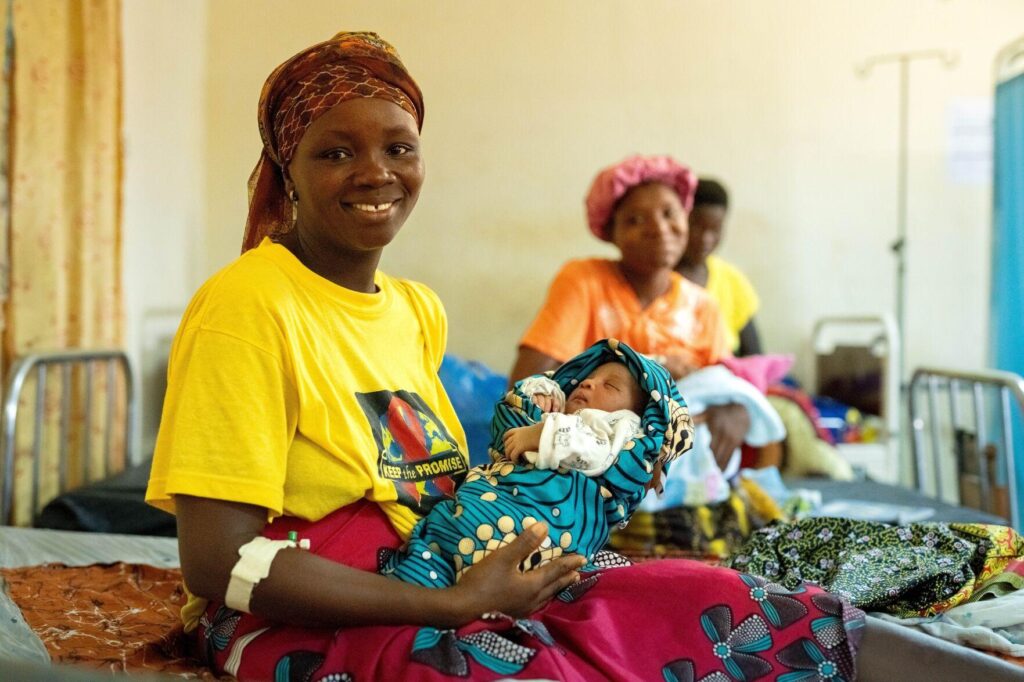Toronto Star : Something is sustainable only when we decide to sustain it

Sustainability requirements for charitable organizations or local partners are more about funders’ unspoken needs for an exit strategy than a measure of smart project design.
Toronto Star Op-Ed written by Mark Brender

Originally published on the Toronto Star.
Donors to international development initiatives often cite project sustainability as a key criterion in their decision making. For the good of communities they’re trying to help, this obsession needs to stop.
Demands for sustainability are supposed to ensure that charitable organizations or local partners can take over the work themselves after a funding period ends. And yet, every time a grant application asks about a project’s sustainability plan, it perpetuates the fiction that those most in need should also be the most self-sufficient, if only they could get their act together.
As we approach an end-of-year charitable giving season with so many global crises ablaze, we need to be honest with the donor community: Sustainability requirements are more about funders’ unspoken needs for an exit strategy than a measure of smart project design.
Poverty and job creation and education and safety aren’t solved in three-year grant cycles, in Canada or anywhere else. We take for granted that hospitals and universities at home still need ongoing support for their mission to survive and thrive. It is magical thinking to imagine that non-profits working internationally or serving poor communities should be any different.
Even worse, demands for sustainability place the burden of solving long-term financing on the wrong side of power and wealth imbalances that result from various forms of structural violence – racism, colonialism, wars, resource extraction, public sector impoverishment – built up over generations.
At a meeting a few months ago discussing a Canada-funded maternal health project in eastern Sierra Leone, a Sierra Leonean district health official commented that, as everyone knows, most of the nurses in the country outside the capital are volunteers. Imagine the thought bubble protruding from the head of the well-meaning Canadian donor: ‘Volunteer nurses?’
Volunteer nurses are what happens when annual domestic government sector health spending in Sierra Leone is about $10 per person per year, compared to more than $6,000 per person in Canada. A generation removed from civil war, less than a decade removed from a devastating Ebola epidemic, Sierra Leone simply doesn’t have the resources to hire anywhere near the number of health professionals it needs. For their own survival, volunteer nurses are left to charge patients for care, right at the bedside.
It’s one more reason why patients already living in poverty and faced with impossible choices – do I pay for food, or my child’s school fees, or transportation to the health center where I will be charged even more – may opt to spend their scarce financial resources elsewhere, and why their health issues go unaddressed.
This is the context in which we ask Sierra Leonean authorities to take over a Canadian maternal health project when it ends… in the name of sustainability.
Or consider Malawi, which is ranked near the bottom globally in terms of health professionals and teachers per population. Well-trained nurses graduate from nursing schools and dedicated teachers graduate from teachers’ college each year, but the government is prevented from making any new hires or improving salaries for existing staff as part of International Monetary Fund loan conditions that limit expansion of public sector wage costs. How can we talk about sustainability of short-term aid projects while the global financial architecture still restricts public sector capacity building in the world’s least-resourced countries?
The question we need to be asking of all funding-seeking organizations is whether they are delivering on what the community they serve says it needs, and what our commitment to human rights demands. And if they are, how can we as individuals and institutions support them – and sustain them – to do it better.
Something is sustainable when we decide to sustain it. The long-term change we seek is the outcome of supporting good work and being in it for the long haul. We will see positive outcomes a lot faster if we think of sustainability as flowing from impact, not the other way around.
Mark Brender is national director of Partners in Health Canada.



